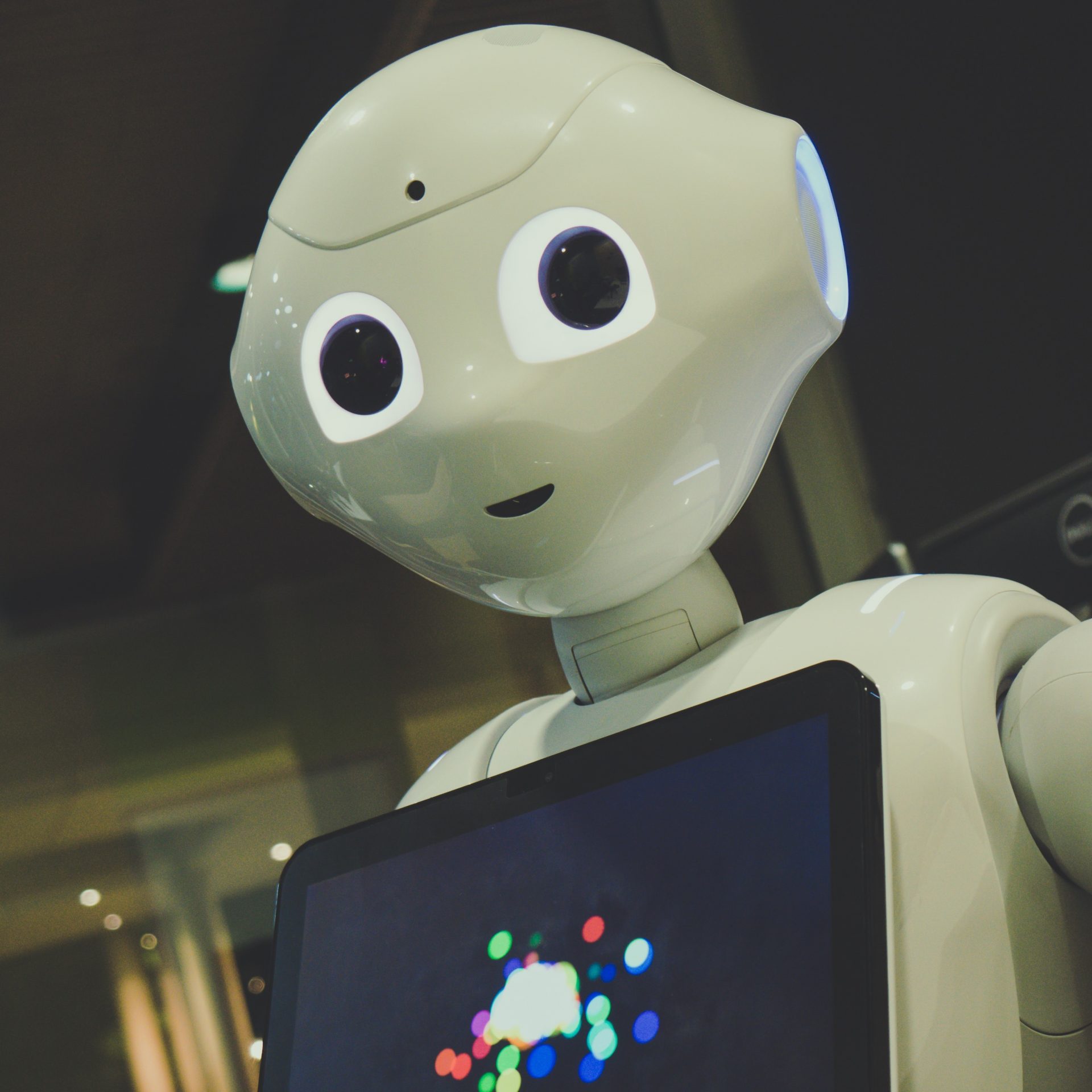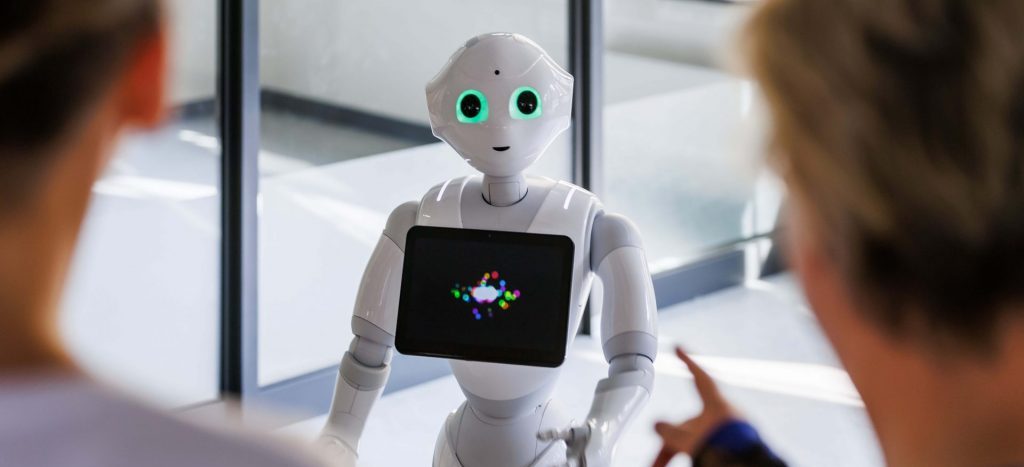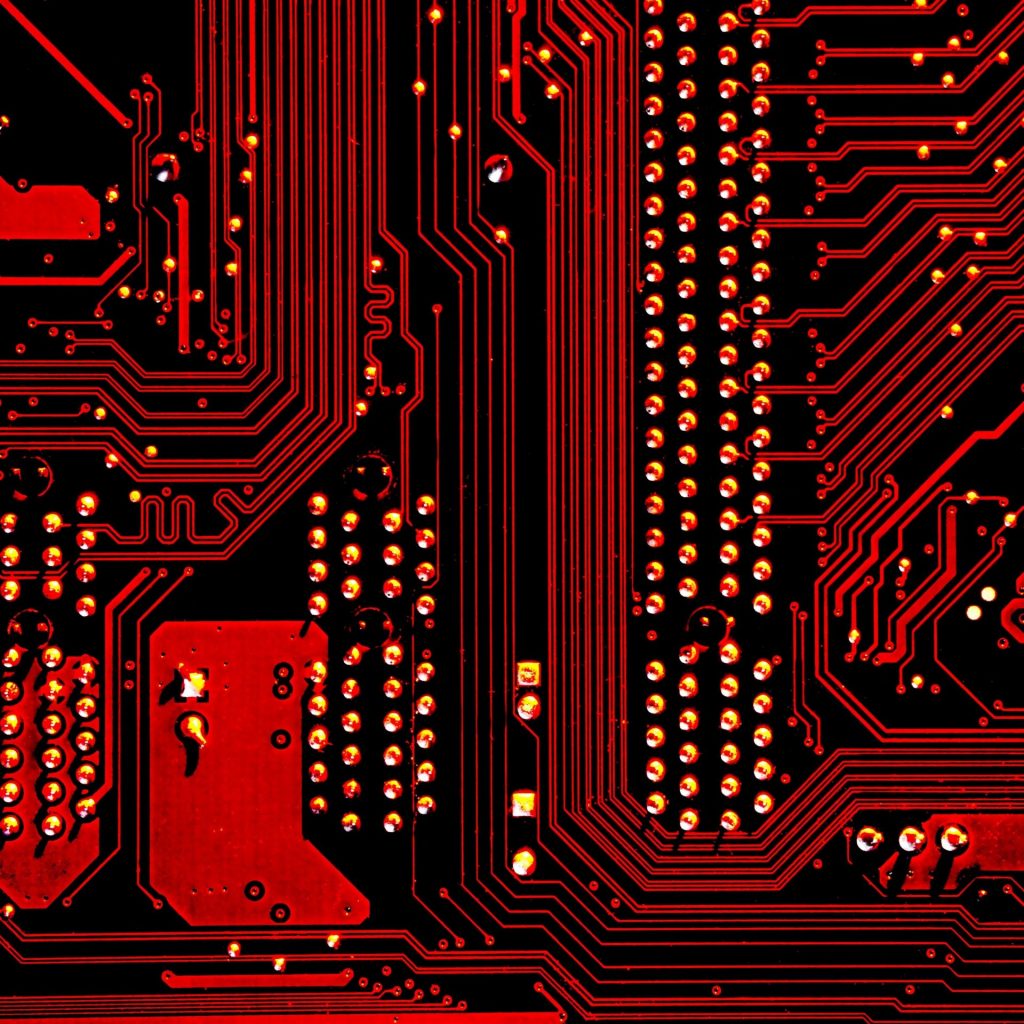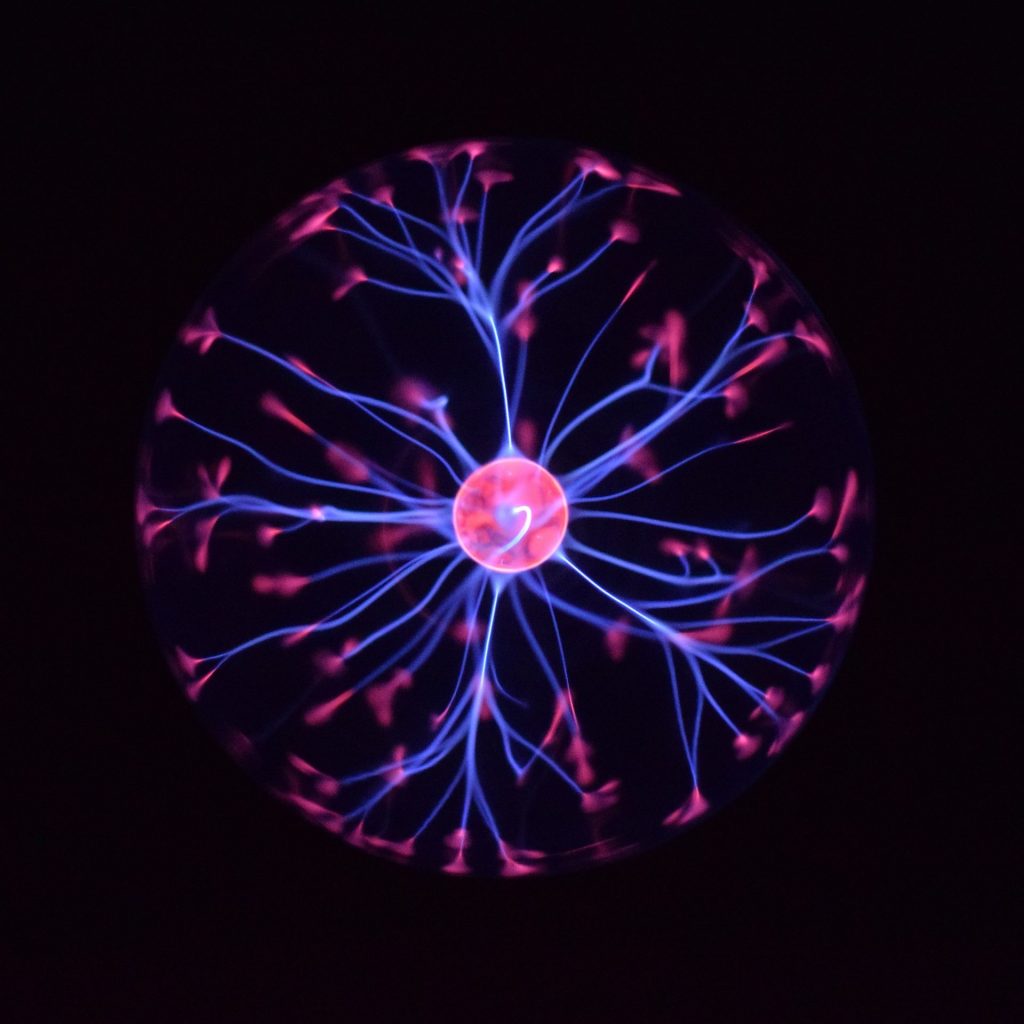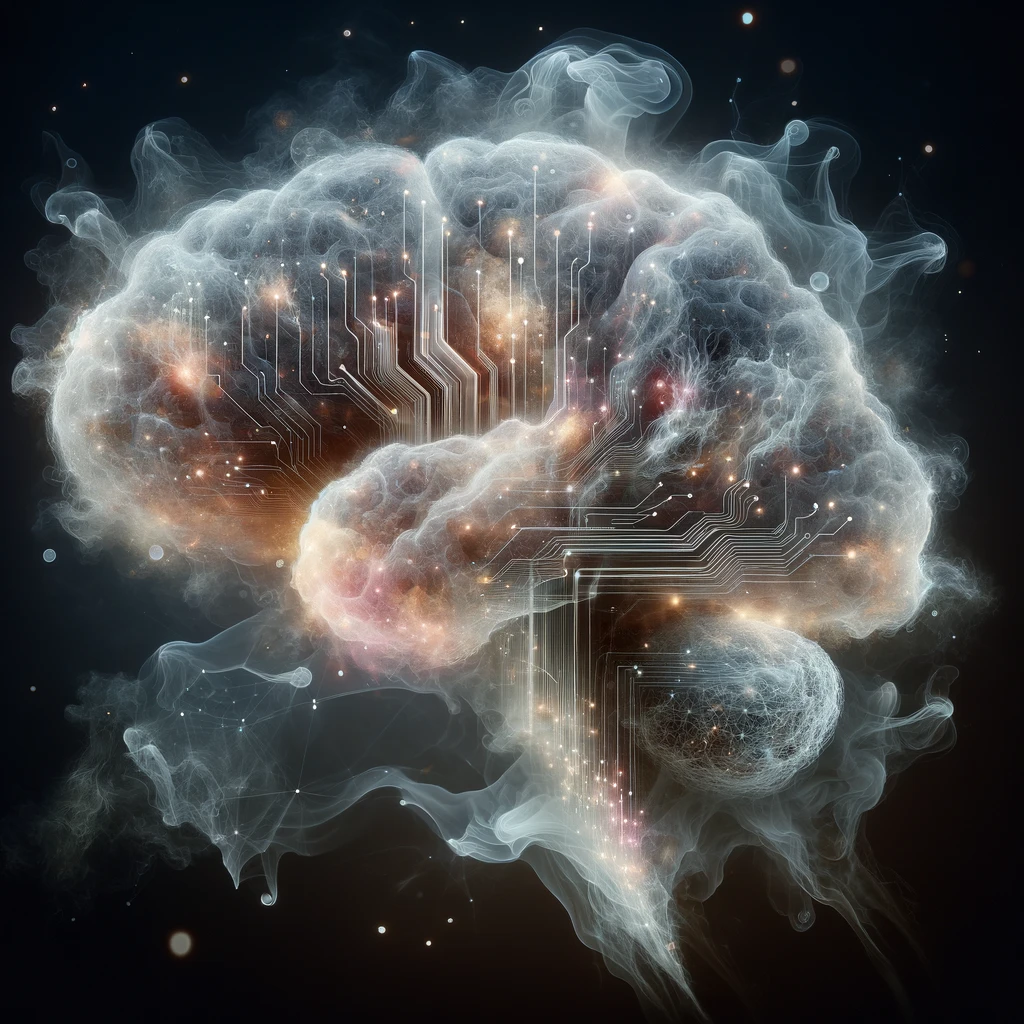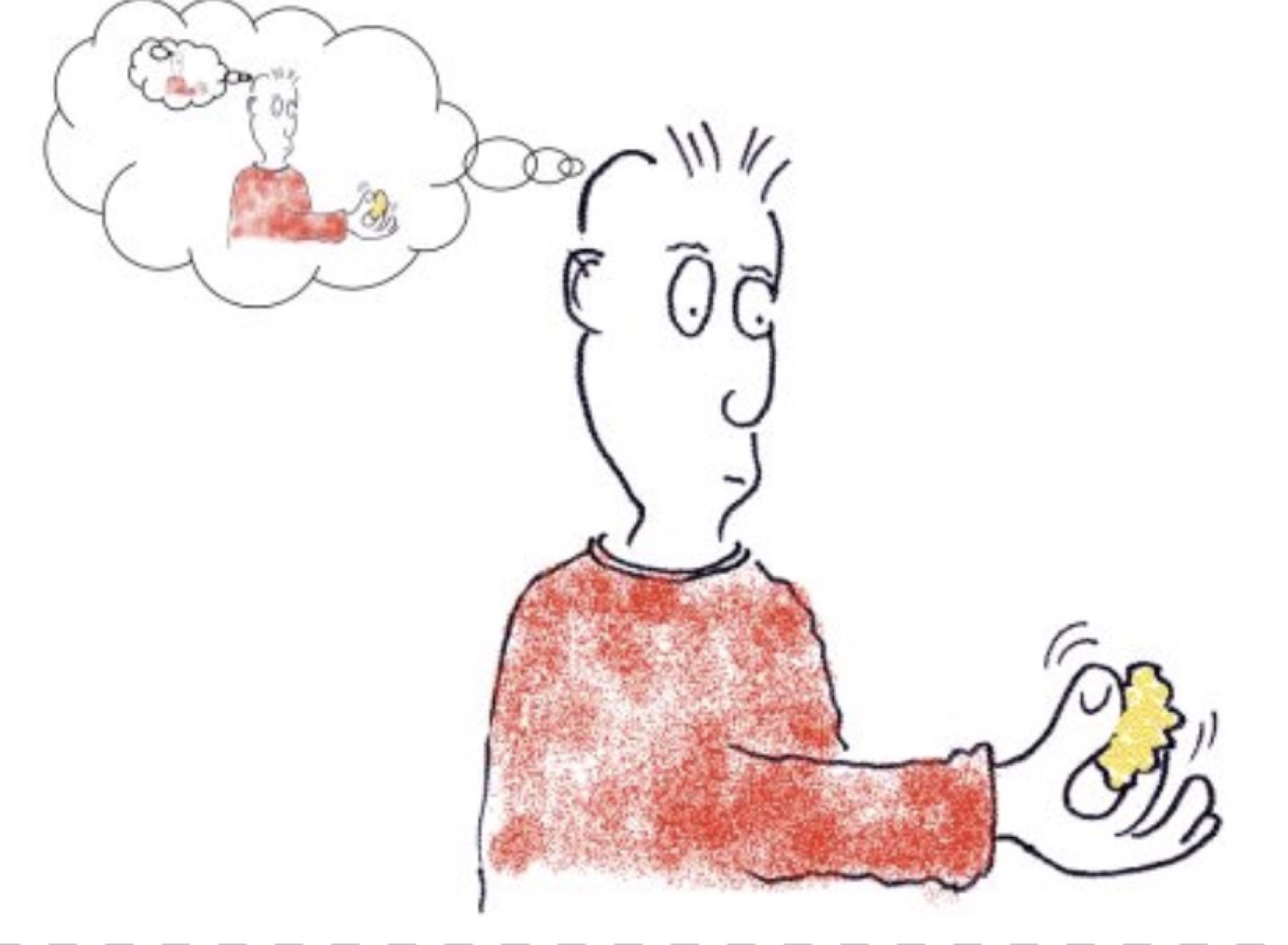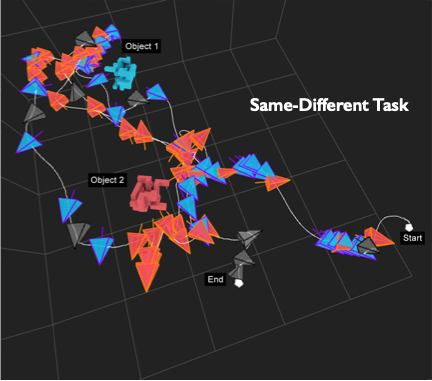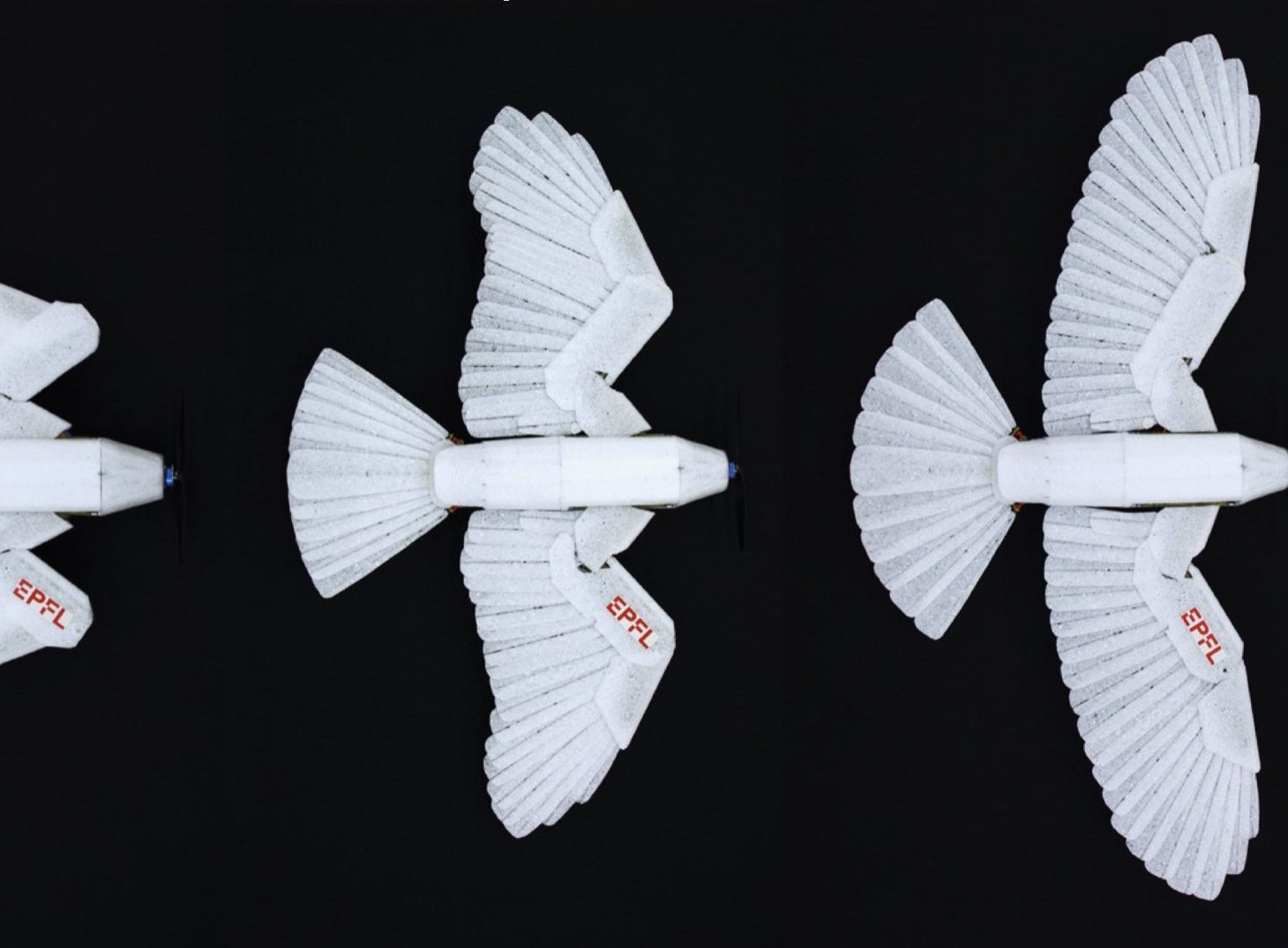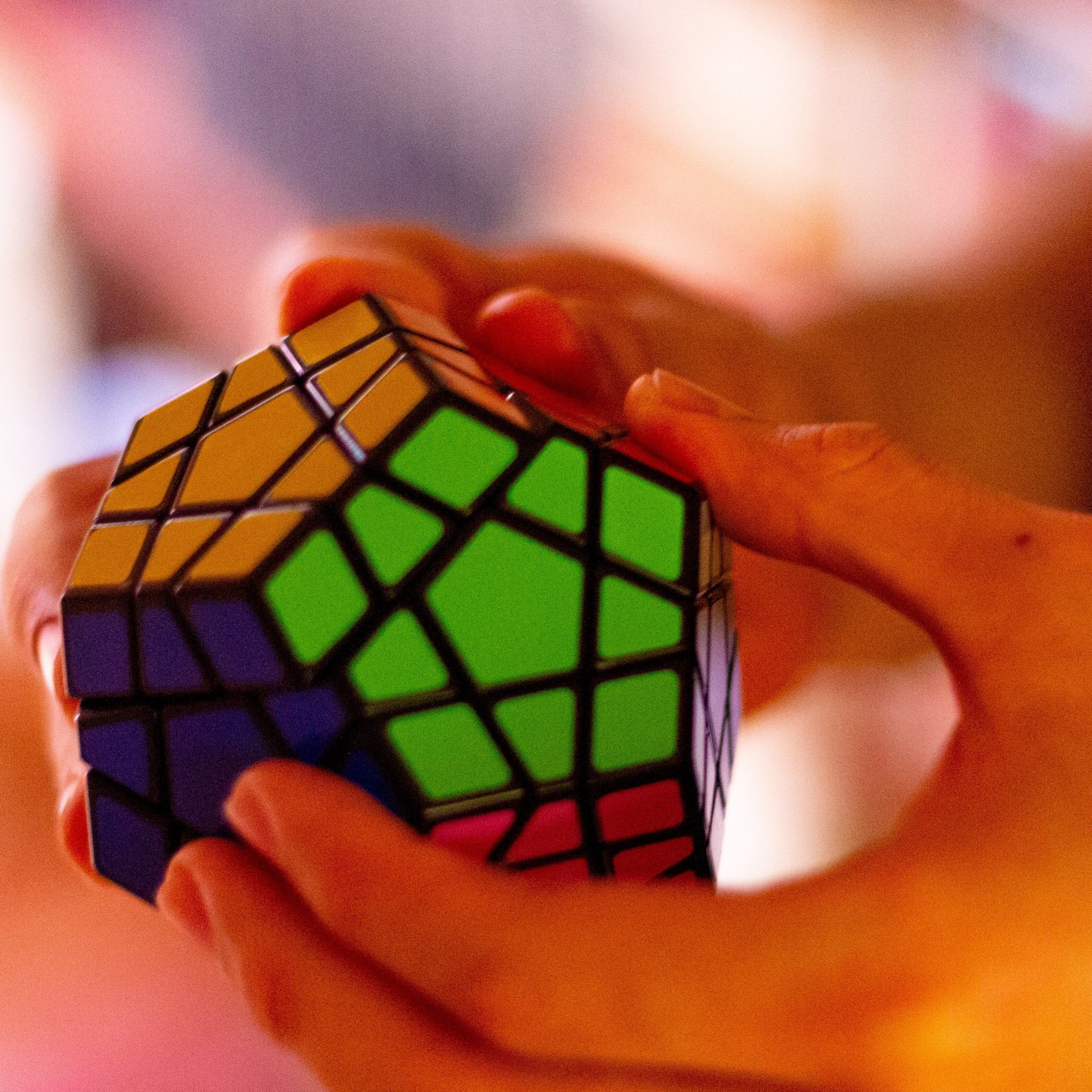
POSTPONED: Richard McElreath, “The Cultural and Ecological Nature of Intelligence”
Abstract: How do we reconcile the extraordinary success of the human species with the apparent stupidity of people and organizations? How can we understand the transformation of humans from foraging apes to urban clerks, without any appreciable change in physiology? No one has definitive answers to these questions, but we begin to answer them by
